Natural Ways to Get Rid of Insects in Your Home
Looking for natural ways to get rid of insects in your home? Insects are a common problem in many households, especially during the warmer months. While chemical pesticides may seem like a quick fix, they are often harmful to both humans and the environment. Fortunately, there are many natural ways to get rid of insects in your home. Let’s explore some of the most natural ways to get rid of insects in your home. 12 Natural Pest Remedies
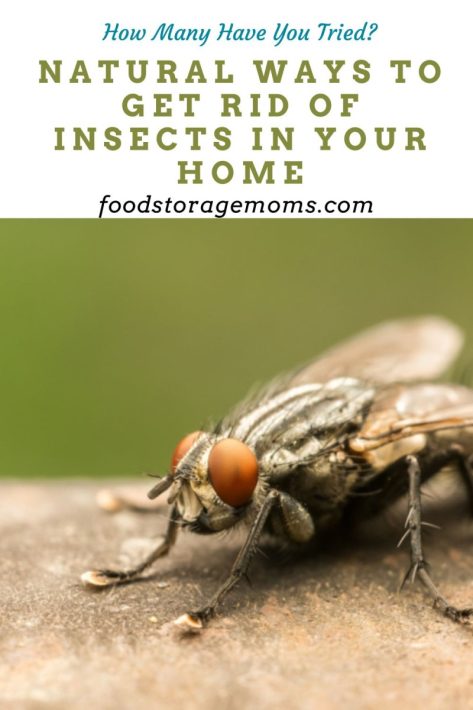
Keep your home clean and dry
Maintaining a clean and dry environment is the best way to prevent insects from entering your home. Make sure to sweep or vacuum regularly to remove crumbs and other food debris found on the floor. Keep kitchen counters and sinks clean and free of standing water. Insects are attracted to moisture, so fix any leaky pipes or faucets to prevent water buildup in your cabinets or by your toilets. By maintaining a clean and dry home, you can discourage insects from making themselves at home. This is one of the most natural ways to get rid of insects in your home! How To Love Cleaning Bathrooms
Essential oils
Essential oils such as peppermint, lavender, and cedarwood have been shown to repel insects. Mix a few drops of essential oil with water in a spray bottle and lightly spritz around your home’s windows, doors, and other entry points. You can also place cotton balls infused with essential oil in areas where insects are likely to enter, such as under sinks or windowsills. Not only do essential oils repel insects, but they also leave your home smelling fresh and clean.
Use vinegar
Vinegar is a natural insect repellent and can be used to deter ants, spiders, and other insects. Mix equal parts of white vinegar and water in a spray bottle and spray around your home’s windows, doors, and other entry points. You can also use a mixture of vinegar and water to clean your floors, countertops, and other surfaces. The acidic nature of vinegar repels insects and removes the scent trails that they use to navigate and attract their buddies. Does Vinegar Really Go Bad?
Diatomaceous earth
Diatomaceous earth is a naturally occurring sedimentary rock that is made up of the fossilized remains of diatoms. It is a non-toxic and safe way to get rid of insects in your home. Sprinkle diatomaceous earth around the perimeter of your home, around windows and doors, and in areas where insects are likely to enter, such as under sinks or in closets. When insects come into contact with diatomaceous earth, it creates tiny holes in their exoskeletons, which dehydrate and kill them.
Use sticky traps
Sticky traps are an effective way to catch insects such as flies, gnats, and spiders. You can purchase pre-made sticky traps or make your own by applying a sticky substance such as honey or petroleum jelly to a piece of cardboard or paper. Place the traps in areas where insects are likely to fly, such as windowsills or near light sources. Sticky traps are safe for both humans and pets and are an effective way to control insect populations.
Herbs and plants
Certain plants, such as basil, mint, and lemongrass, have natural insect-repelling properties. Plant these herbs in your garden or in pots indoors and keep them near windows and doors to repel insects. You can also use sachets filled with dried herbs to deter insects. Simply place the sachets in areas where insects are likely to enter, such as in closets or near windows.
Use citrus
Citrus fruits such as oranges, lemons, and grapefruits contain natural insect-repelling properties. Cut up citrus fruits and place them in shallow bowls near windows and doors to deter insects. You can also make a natural insect repellent spray by mixing citrus juice and water in a spray bottle. Use the spray to lightly mist around your home and in areas where insects are likely to enter. Oranges: Everything You Need to Know
What smells keep bugs away?
- Peppermint: The scent of peppermint is known to keep a wide range of insects away, including spiders, ants, mosquitoes, and roaches. You can use peppermint essential oil diluted in water to create a natural insect-repellent spray.
- Lavender: Lavender has a calming and relaxing scent for humans, but it can be a powerful insect repellent for many bugs, such as moths and mosquitoes.
- Eucalyptus: The strong scent of eucalyptus not only keeps insects away, but it can also help to relieve congestion and improve breathing. Use eucalyptus essential oil diluted in water or mix eucalyptus leaves with boiling water to create a natural insect-repellent spray.
- Lemon: The acidic scent of lemon is unpleasant for many insects and can serve as an effective natural bug repellent. You can use lemon essential oil diluted in water or make a natural spray by mixing lemon juice and water.
- Citronella: Citronella is an effective natural insect repellent that is commonly used in candles, sprays, and lotions. Its scent is unappealing to many insects, including mosquitoes and flies.
Does vinegar get rid of bugs in the house?
Yes, vinegar can be an effective remedy for getting rid of bugs in your house. The acidic nature of vinegar makes it an excellent insect repellent. Mixing equal parts of vinegar and water in a spray bottle and spraying it around your home can help deter bugs. This mixture can be used to clean floors, countertops, and other surfaces as well. Additionally, placing vinegar-filled sachets in areas where bugs are likely to enter such as under sinks or in cabinets can discourage insects from making themselves at home. Ultimately, vinegar alone may not be a permanent solution for an infestation, but it can be a helpful addition to other natural remedies and preventative measures.
Are there home remedies to get rid of cockroaches?
The bug gurus say that cockroaches have been around for thousands of years. No wonder they seem so hard to get rid of. Here are some ideas for getting rid of those pests without having to call in professionals:
- If you’re fast on your feet, you can spray fabric softener on the live roaches. You can’t just spray it on the floor and hope for the best, you have to actually spray the fabric softener directly on the roaches.
- You can use crushed bay leaves as a repellant for roaches. Place the crushed bay leaves in the most common entry points to your home and it should keep the roaches from crossing that line.
- Another repellant you can try comes from lemons. It can take two forms. Take 100% lemon juice and spray those hard-to-reach areas where the roaches like to hide. The other approach is to grind up lemon peels around your home where you’ve seen roaches before.
- Some people swear by a baking soda mixture where you add backing soda, sugar, and water in a small bowl and place it where you’ve seen roaches in the house. The roaches are attracted by the sugar and water and ingest the baking soda. Once the mixture gets to the roach’s stomach and mixes with the natural stomach acid it starts the process of killing the roach over time. It’s not immediate but is effective.
- Boric acid has proven to be an effective roach killer. You do have to use caution since it can be harmful to humans and pets. You use a light dusting of the boric acid in the areas roaches frequently visit. Note that it can’t get wet since it will lose its killing power. All it takes is for the roach to walk through the acid.
- One final DIY approach is to take coffee grounds and put them in a small jar along with some water. The roaches climb in an then struggle to get out. They actually drown in the mixture, but it can take some time, so be patient
Final word
There are many natural ways to get rid of insects in your home. By maintaining a clean and dry environment, using essential oils and vinegar, using diatomaceous earth and sticky traps, using plants, and using citrus, you can effectively control insect populations without using harmful chemical pesticides. These natural methods are safe, effective, and environmentally friendly. Try them out and enjoy a bug-free home!
Copyright Images: Fly Common Housefly Depositphotos_47562503_S, Diatomaceous Depositphotos_357703282_S

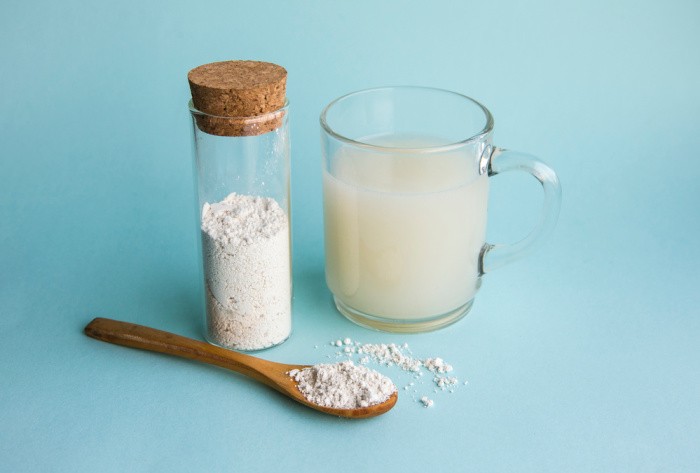


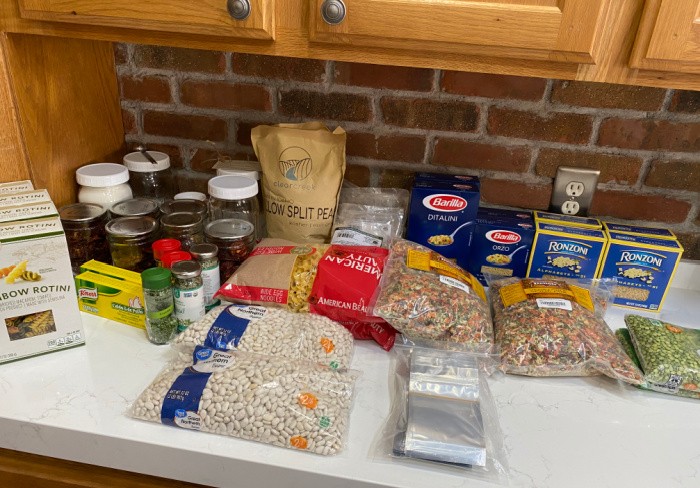


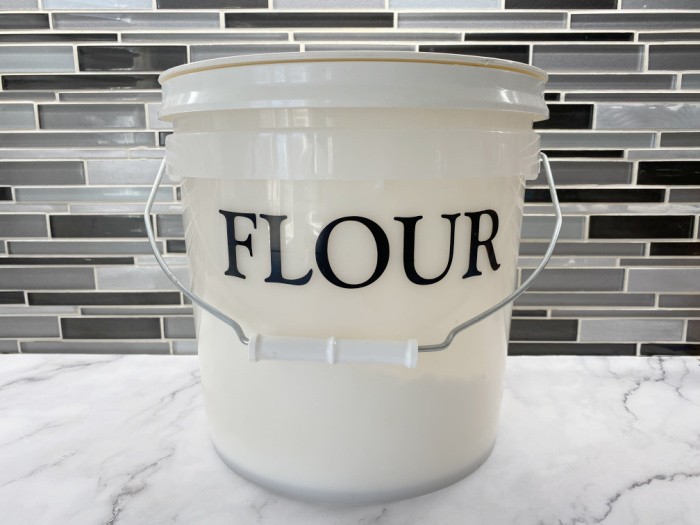
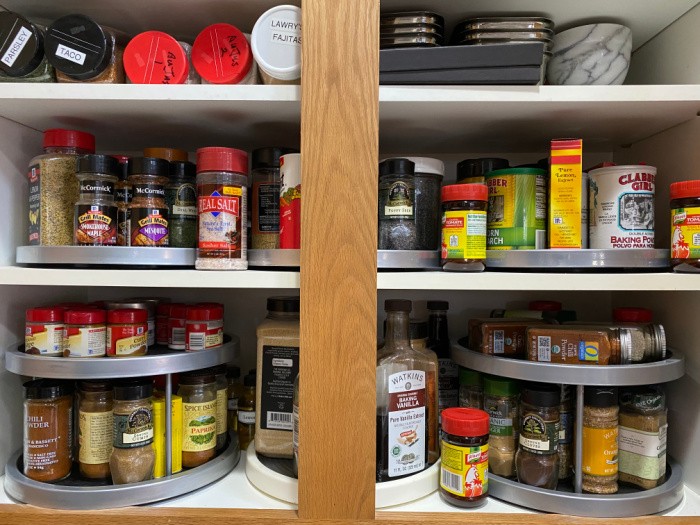







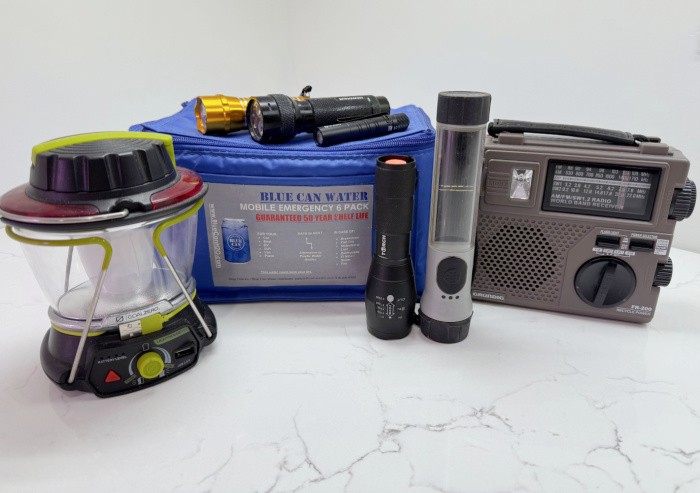
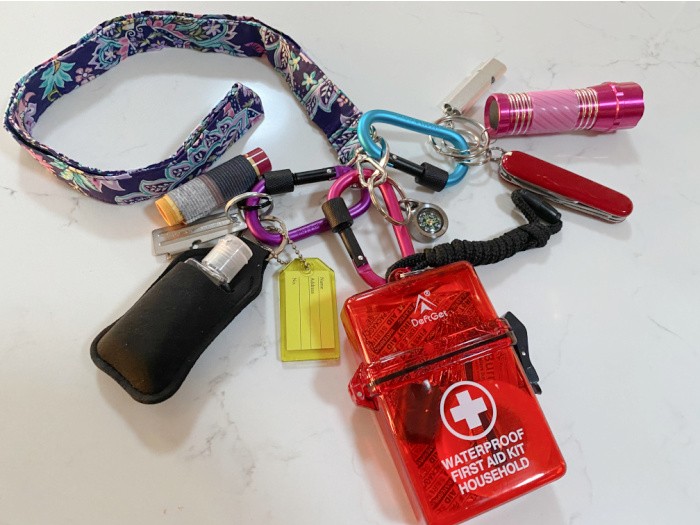




Linda, those are some excellent tips. I’ve never tried vinegar but DE works great.
Hi Ray, I totally agree DE works great! Linda